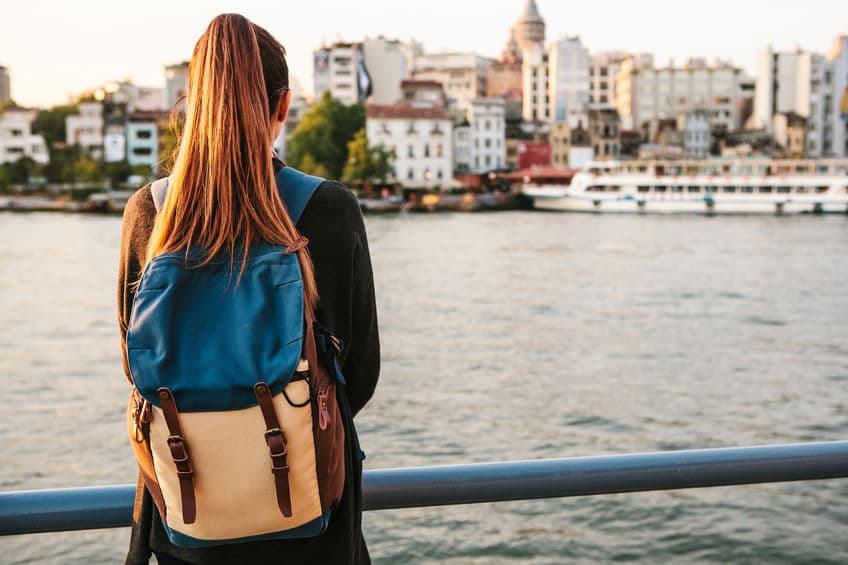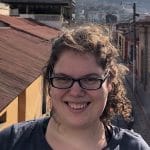
By Rosalyn Leban
Living abroad as a fellowship or grant recipient is an amazing experience! At the same time, adjusting to life abroad can be difficult. These three tips will help you adjust and enjoy your time abroad.
1. Make an effort to immerse yourself in language and culture – but don’t be too hard on yourself
To get the most out of your international fellowship, cultural and linguistic immersion is essential. If one of your goals is to improve your language skills, it’s especially important that you live your life in your target language. If you’re spending all your time with other fellowship participants who speak your native language, you won’t see the same gains you would if you make an effort to spend time with members of your host community speaking their language. The more time you spend immersed in the community, the more impactful your experience abroad will be.
However, when you’re spending a year abroad, you have plenty of time. You don’t have to live every second of every day in complete immersion. It’s totally fine to spend an evening watching TV in your native language or talking on the phone with your friends. Being abroad can be very lonely, and it’s important to strike a balance between protecting your mental health and pushing yourself. It’s okay if it takes some time to build your stamina for immersion.
2. Get involved in your host community
Volunteer, join a club, or find another way to make friends in your host community! Moving to a new country – especially one where you don’t speak the language fluently – can be isolating. Reaching out to community members can be intimidating. Joining a group activity is a great way to make friends in a lower-stakes community. When I was abroad in Guatemala on a research grant, I made great friends by teaching English to families in our community in exchange for Kaqchikel lessons and cultural experiences. I also volunteered at a faith-based organization that offered services to migrants and asylum-seekers. Being involved with a faith-based organization was out of my comfort zone, but it was a great opportunity to immerse myself in Guatemalan culture and make a lot of great friends. Both of these things took months to set up, so, as mentioned above, don’t be afraid to take it slowly!
If you have a hobby you love, see if there are any groups in your host community that practice that activity. Alternatively, consider branching out and trying out an activity beloved in your host community – maybe there are groups playing soccer on Friday nights or practicing tai chi in the park!
3. Set goals and assess your progress
Many fellowships require you to set goals and the beginning of the grant period. Even if your fellowship doesn’t require this from you, it’s a really good idea to set personal and professional goals to ground you as you adjust. Your goals could be personal (for example, working up to buying food in the market in the local language rather than buying food at the supermarket) or more focused on your professional development (like conducting an informational interview every month). When you’re having trouble feeling like part of your community, refer back to the goals you established at the beginning. Remember why you’re there and, if necessary, adjust your behavior to better fit the goals you set for yourself.
The reality of an international fellowship can be substantially different from one’s expectations, so don’t be afraid to allow your goals to evolve. Your goals aren’t there to constrain you, but to help you get the most out of your experience. Adjusting to life abroad can be difficult, especially when you’re there for a set amount of time, and keeping your goals in mind is one way to focus on the positive aspects of the grant period.

© Victoria John 2020, all rights reserved